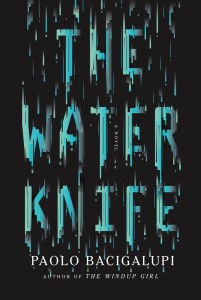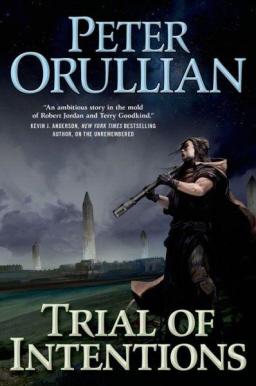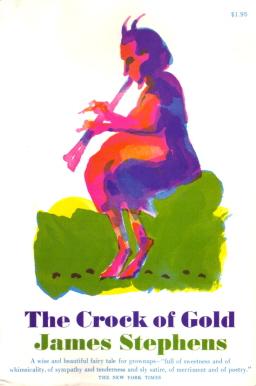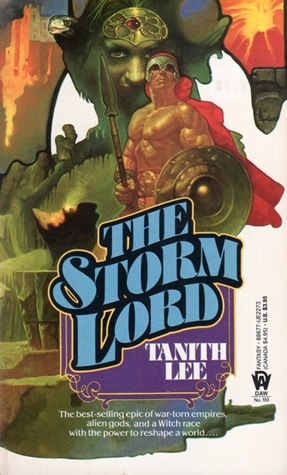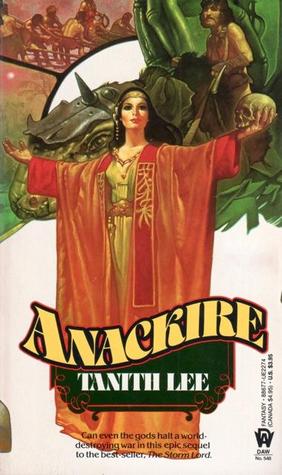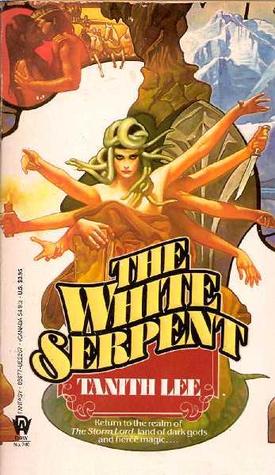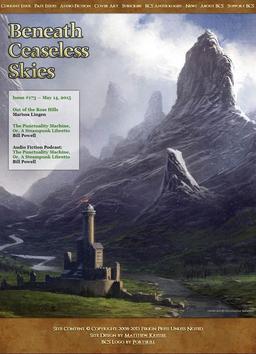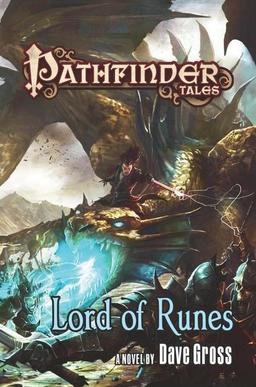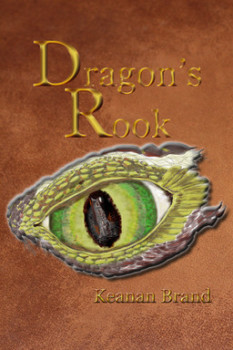 Let me start by stating that I am an inconsistent person with inconsistent tastes and opinions. I tend to get overly emphatic and dramatic when discussing things I like or dislike. In the light of what I’m about to write about Keanan Brand’s epic fantasy novel, Dragon’s Rook, I need to look back and see how many times I disparaged thick books and those set in European-styled worlds. Because that’s exactly what Brand’s book is and I really enjoyed it.
Let me start by stating that I am an inconsistent person with inconsistent tastes and opinions. I tend to get overly emphatic and dramatic when discussing things I like or dislike. In the light of what I’m about to write about Keanan Brand’s epic fantasy novel, Dragon’s Rook, I need to look back and see how many times I disparaged thick books and those set in European-styled worlds. Because that’s exactly what Brand’s book is and I really enjoyed it.
I actually like novels set in pseudo-European worlds. Tolkien, King Arthur, and much of the earliest fantasy reading I did was set in such places. The best included Lloyd Alexander’s Chronicles of Prydain and Poul Anderson’s various excursions in fantasy.
Brave farm boys, daring princesses, wise old women, and wicked kings (plus dragons!) are endemic to the fairy tales read to me by my dad. Mysterious huts in dark forests, dire castles towering over the countrysides, and dank, fetid caves were common locales for those characters’ exploits. This is good stuff that speaks deeply to me for nostalgic and cultural reasons (about 99% of my ethnic heritage originates north of the Rhine River) and it all makes its way into Brand’s novel.
It’s just that often I feel like it has been done to death. Prior to the late 1970s, fantasy was a pretty diverse field. While Tolkien loomed above the genre, he spawned few direct imitators. In the first part of the decade, fantasy writing was all over the place. Sure, there was plenty of swords & sorcery, but there was also Roger Zelazany’s wild romp, The Chronicles of Amber, Ursula K. LeGuin’s very non-European Earthsea trilogy, and Tanith Lee’s phatasmagorical Tales from the Flat Earth (books I need to reread and review).
And then came Terry Brook’s The Sword of Shannara. For the unitiated, many of Shannara‘s events parallel those of the Lord of the Rings closely, and it was a monster success. That was enough to convince publishers and authors that the key to sales lay in the same sort of mimicry. In the years that followed, dozens of quest stories set in very familiar Euro-style worlds appeared. The worst were slavish imitations of Tolkien’s masterpiece, while the best took advantage of the familiarity of quest and fantasy tropes and used them to explore original ideas. Either way, though, Dark Ages and Medieval Europe came to be the default setting for fantasy fiction.
…
Read More Read More
 I may ramble on a bit this week, and I apologise in advance. You see, I have a deep attachment to Medusa. She’s the center feature of the aegis tattoo I have on my right arm. My doctoral dissertation (which I do not recommend anyone read) was entitled Medusa’s Blood because of its discussion of a lot of what I’ll cover today. And, fittingly, a review of Clash of the Titans was the first thing I ever wrote for Black Gate, a handful of years back.
I may ramble on a bit this week, and I apologise in advance. You see, I have a deep attachment to Medusa. She’s the center feature of the aegis tattoo I have on my right arm. My doctoral dissertation (which I do not recommend anyone read) was entitled Medusa’s Blood because of its discussion of a lot of what I’ll cover today. And, fittingly, a review of Clash of the Titans was the first thing I ever wrote for Black Gate, a handful of years back.
